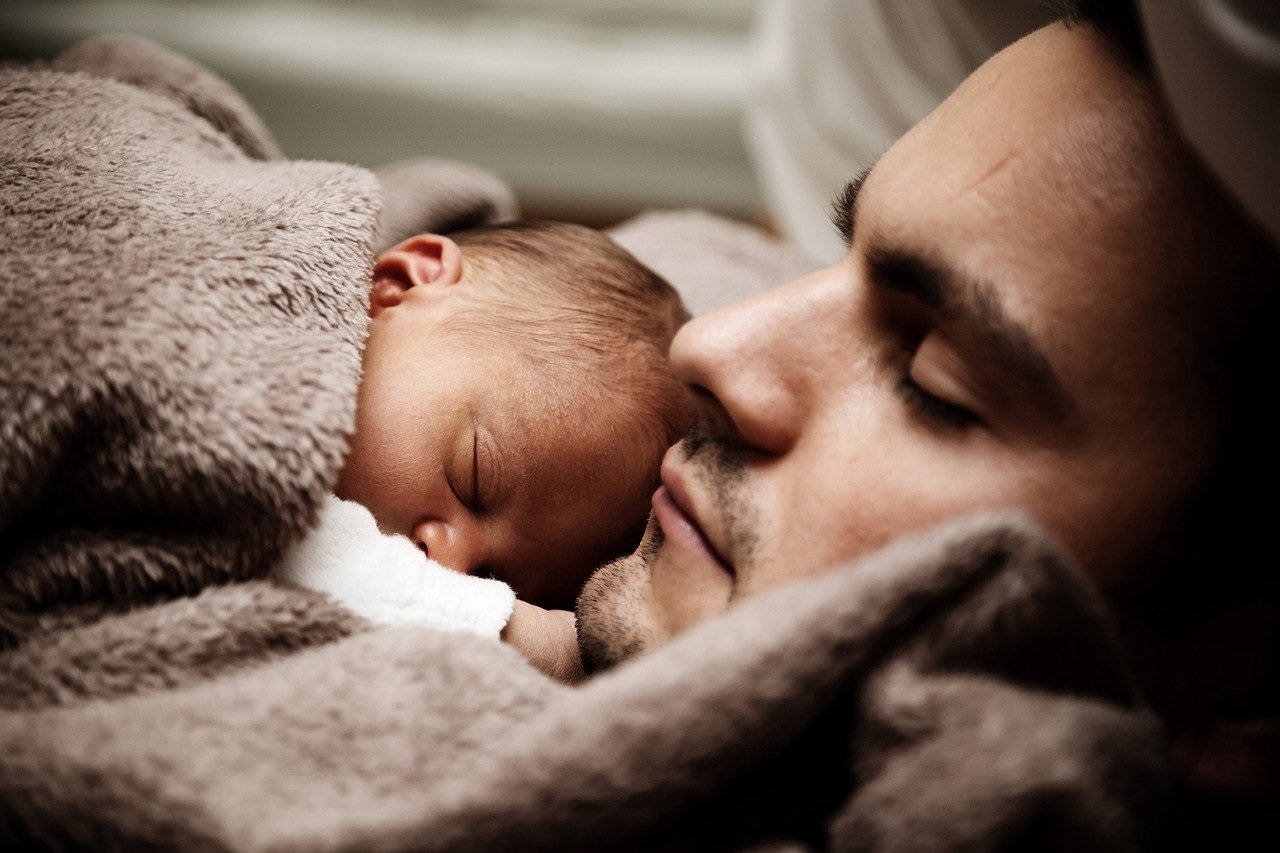17 March 2025

Amid the sleepless nights, first smiles, and learning to navigate parenthood, there’s an important issue that often gets overlooked: planning for the unexpected.
What happens if something happens to both you and your partner? Who will care for your children? As a parent, one of the most important decisions you will make is choosing a guardian for your children. This person or people will be responsible for your children’s care and upbringing if you’re no longer around.
While it's a conversation many new parents avoid, appointing a guardian is essential to ensuring your child's future is secure. Here’s everything you need to know about selecting a guardian and why it’s so crucial.
1. Why Do You Need to Appoint a Guardian?
If you and your partner were to pass away unexpectedly, a legal guardian would step in to care for your children until they reach adulthood. Without a guardian in place, the decision about who will look after your child could be left to the courts or family members, which can cause uncertainty and potential conflict.
By naming a guardian in your will, you provide clarity and ensure that your children are taken care of by someone you trust, who will raise them according to your wishes and values.
2. Who Should You Consider as a Guardian?
Choosing the right person or people as guardians for your children is a deeply personal decision, but it’s one that requires careful thought. Here are some factors to keep in mind when selecting potential guardians:
3. What Happens If You Don't Appoint a Guardian?
If you don’t make arrangements for a guardian in your will, and something happens to both you and your partner, the decision about who will care for your children is left to the courts. They may involve family members, but if there is disagreement or no suitable relative, the courts may appoint someone else to care for your child.
This situation can cause significant distress and uncertainty during an already difficult time, and there’s no guarantee the courts will choose someone who shares your values and vision for your children’s upbringing.
4. How to Appoint a Guardian
To officially appoint a guardian, you must include it in your will. This allows your wishes to be legally binding. When making your will, make sure you:
5. Revisit Your Guardianship Plan Regularly
Life changes—people get older, relationships evolve, and your family dynamics may shift. Therefore, it’s important to review your guardianship plan regularly, especially after significant life events such as:
6. Backup Guardians: Why They’re Important
Life is unpredictable, and it’s essential to have a backup guardian in place, in case your primary choice is unable to fulfill their role for any reason. For example, if the first person you name as a guardian passes away or becomes incapacitated, having a backup ensures that your child will still be taken care of by someone you trust.
7. What If You and Your Partner Disagree?
Choosing a guardian for your children should be a joint decision between you and your partner. However, if you and your partner disagree on who should be the guardian, it’s important to have an open and honest conversation. It may help to list the qualities you both value in a potential guardian and come to a compromise.
If no consensus is reached, legal advice may be necessary, particularly if there’s a risk of prolonged conflict. Courts can intervene in the event of a dispute, but this can be a stressful and complicated process.
Appointing a guardian for your children is one of the most important decisions you’ll make as a parent. It ensures that your children will be cared for by someone you trust and who shares your values, should the unthinkable happen. Having this plan in place brings peace of mind and helps avoid confusion and conflict during an already emotional and difficult time.
If you’re in the process of planning your will or need advice on guardianship, we can help you make the best decision for your family. Protecting your children's future starts with the thoughtful, intentional decisions you make today. Contact us on 01202 527008 or via online: Contact Us AB Solicitors For Your Legal Needs